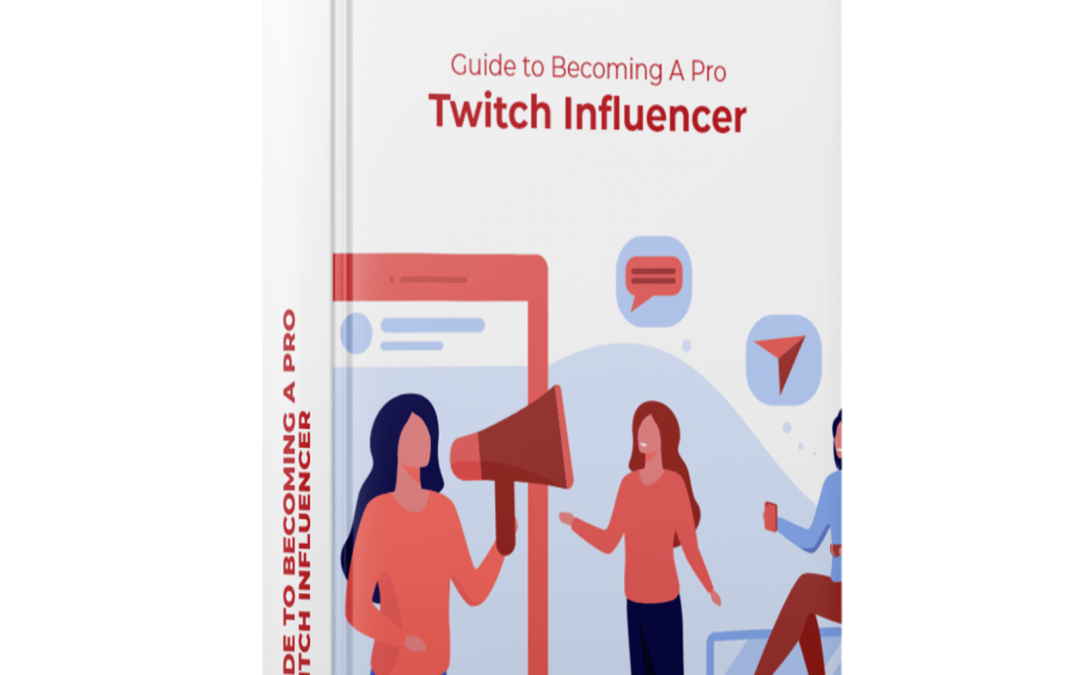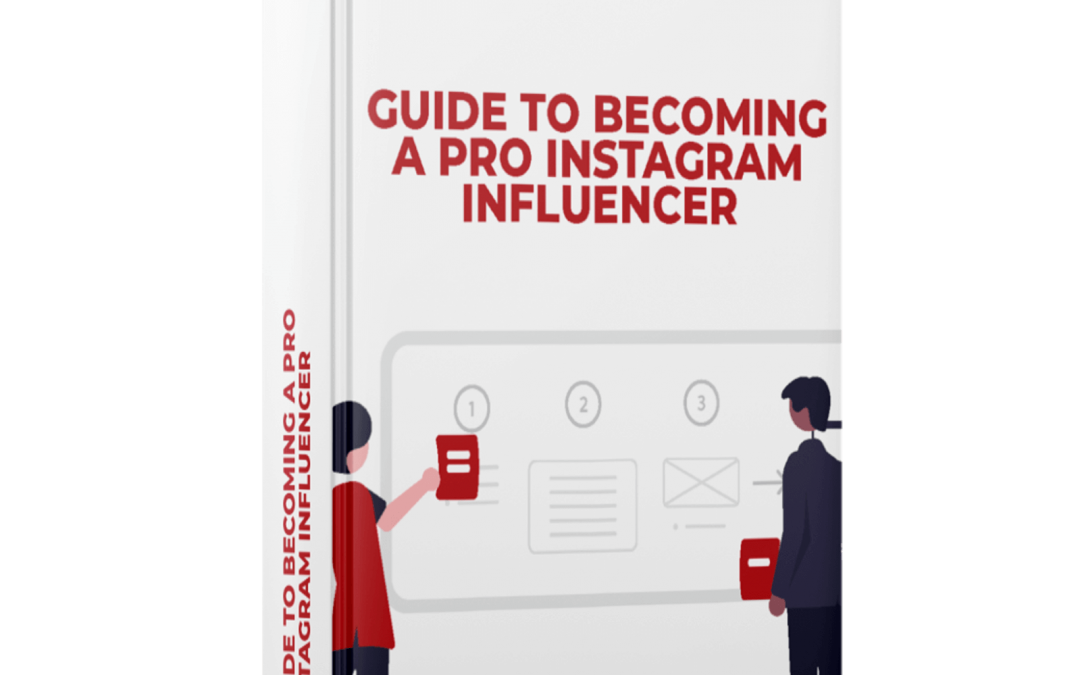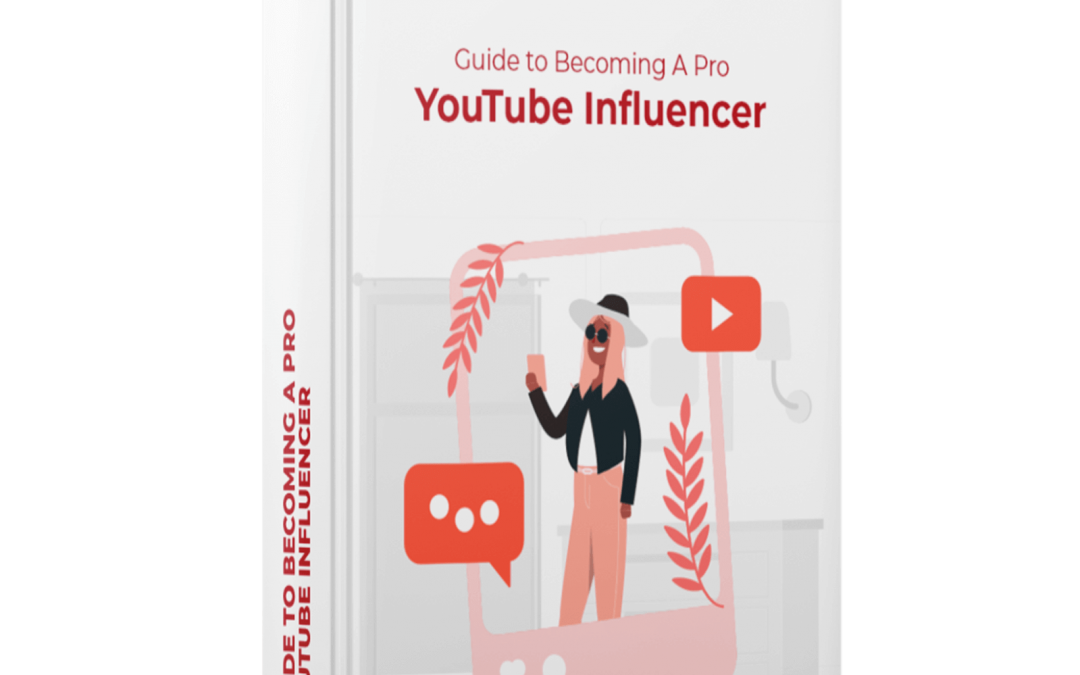If you could be anyone you want, WHO would you be?
Every new streamer must ask themselves this question before they hit the live button. As a streamer, what will it be that hooks your audience and makes you stand out and find your tribe among the million other streamers on the platform?
Streaming is about knowing your way around a streaming setup, content creation, using OBS, and more. But the secret to success goes beyond the latest hardware or even your gaming prowess. It’s about what your audience sees when they join your livestream and if they want to keep seeing YOU.
This is why you must identify and develop your streamer persona from the beginning. Here are some tips for building your persona and the four key types to choose from.
What Is A Streamer Persona?
A Twitch streamer persona is a disposition that a streamer adopts and presents to their audience. It is how streamers represent themselves, communicate with their audience, and interact with the content they are streaming. A streamer persona on Twitch can include a name/nickname, branding, logo, and other elements that make you recognizable to your audience. For instance, Ninja, one of the top game streamers, is known for his colorful hair and branded videos.
Personas also include the stream’s tone, style, and format, as well as the streamer’s attitude and behavior. A streamer’s persona can evolve and adapt to the changing preferences of their audience. It’s important to build a successful and engaging stream. Although some successful streamers like Dr. Disrespect do it, your persona does not have to be an elaborate, made-up character. It might be the best version of yourself or highlight a unique trait about yourself.

Tips To Develop Your On-Stream Persona
Work backwards from the absolute no ways
Have you spotted streamers who make you instantly know that’s not something that works for you? Start by identifying the traits, behaviors, or types of content that you do not want to associate with your streamer persona.
For example, you may want to avoid being known as a constantly negative streamer who uses offensive language or streams content you’re not passionate about. By focusing on what you don’t want to be, you can create a clear vision for what you do want to be and build a persona that aligns with your values and interests.
It’s also essential to understand your ideal audience and the content they would be interested in. This will help you to make a clear decision on what you want to avoid as a streamer.
Let your natural style emerge, and keep tweaking it
As you gain experience in streaming and interacting with your audience, your genuine style will begin to emerge. It is important to let this happen naturally. Do not force a persona that does not align with your true self. Your audience will appreciate the authenticity, which will help you build a stronger connection.
You can experiment with different formats, games, and types of content to see what resonates with your audience and what you enjoy the most. As you learn, consider what works and what doesn’t, and adjust your approach accordingly.
Research and get inspired, but don’t copy others
Researching other streamers on Twitch can be a great way to gain inspiration and learn about different streaming techniques, strategies, and styles. However, it’s important not to copy but instead use the information you gather to develop your unique persona and approach to streaming.
One way to avoid copying other streamers is to focus on your unique strengths and interests. Another way is to find your unique voice. Don’t try to sound like other streamers; use your language and sense of humor, and be yourself.
It’s also essential to respect other streamers’ content and intellectual property and avoid using other people’s content without permission.

Choose a name that fits your style
What’s in a name? A lot!
Your name is often the first impression people have of you. It should be memorable, easy to pronounce, and reflective of your personality and the type of content you stream.
When choosing a name, consider your target audience and the type of content you stream. For example, if you’re a single-game streamer, you can include the game title in your streamer name. Or, if you’re a streamer with a particular style of content, say comedy, you may want to choose a name that reflects your comedic style.
You can also use your real name, a nickname, a character name, or even an acronym that you think sounds cool; it’s all up to you.
It’s also a good idea to check if the name you’ve chosen is available across different platforms, such as Twitch, YouTube, and Twitter, to ensure that you can use it across all your social media channels.
Build a brand that reflects your personality
Branding is a crucial aspect that you must put some thought into.
A logo and color scheme that reflects your personality can be great starting points for building your brand.
You can also create a slogan or a tagline that reflects your personality and the type of content you stream. This can be something that marks the beginning or end of your streams.
Use your social media platforms to create a unified presence across any platform your audience is overlapping.
It’s also important to be consistent in branding across all platforms, such as your Twitch channel, YouTube, Instagram, Discord, etc., so your audience can easily recognize and find you.
4 Personas For You To Choose From
1. Video games: Variety and pro Twitch streamers
Welcome to the channel’s most popular Twitch streamer personas. If you wish to stream a single game or show off your skills at multiple games, there is a place and audience for you.
Variety streamer
The “variety streamer” label is an excellent option for new streamers still figuring out what to focus on. As a variety streamer, you can showcase a wide range of content, catering to a broad audience.
For example, suppose you’re interested in indie games. In that case, stream new releases as they come out and have conversations with your viewers about different studios, genres that interest you, and your favorite game styles.
If building a strong community with viewers who share similar interests is important to you, this could be the perfect niche. Variety streamers can also easily collaborate with other streamers, as they are not limited to partnerships within a specific game. You can also endorse, sponsor, and sell a wide range of products to your fanbase.
Pro streamer
If you want to stream a specific game, you can build an audience of fans who share your passion for that game. To be a successful streamer on Twitch, you should provide interesting insights and analysis on the game, have a good understanding of the community and culture surrounding it, and be able to share inside tips and strategies for gameplay.
Position yourself as a knowledgeable and reliable source of information, and establish yourself as a go-to perspective for that community.
While it’s not necessary to be exceptionally skilled at the game you’re streaming, having a good level of expertise will help you attract and retain an audience looking for insights on how to play a game or who are fans of the game you stream. This niche can also lead to opportunities for sponsorships from game developers or brands to a niche audience.
2. Just chatting/IRL Twitch streamers
IRL (in real life) streamers primarily stream content that is not related to video games on Twitch. On Twitch, they are commonly found in the “Just Chatting” category, an increasingly popular genre. IRL streamers often rely on their personalities and entertainment value to attract and retain an audience.
The “Just Chatting” category on Twitch can include a variety of content, such as:
- Streaming funny videos
- Hosting karaoke/music sessions
- Building a community
- Co-working
- Live cooking
- Storytelling
As long as you’re comfortable with having an audience watch you, this type of streaming can be a good fit. However, if you plan to stream sessions with music, you must familiarize yourself with Twitch’s guidelines to avoid violating any rules and getting banned.
3. Host Twitch streamers
Have a strong opinion on something? Then this is the perfect persona for you.
Whether you want to host a show or podcast, you can use Twitch to engage with guests and discuss a wide range of topics. To succeed in your persona, having a clear vision for your show and being passionate about the topics you discuss are crucial.
The possibilities are endless, as any subject that interests you can be turned into a successful podcast. When starting in this niche, ensure you have a deep understanding of your interests, a broad grasp of the topic, and why you want to share them with others. You can capture an audience and build a community around your show with a clear vision.
4. Art Twitch streamers
Sharing your artistic talents and skills on Twitch can attract a dedicated and creative audience. You can stream many different types of art on Twitch. Some popular categories include:
- Illustrating
- Painting
- Sculpting
- Knitting and crocheting
- Digital art
To be successful as an art streamer, it’s important to be passionate about your art and excited to engage with others about it. You can either stream a variety of creative projects and attract an audience with your unique personality or focus on one art form and establish yourself as an expert. If you’re an artist who enjoys sharing your work and connecting with others online, streaming art on Twitch could be a great opportunity.
Streamers Can Now Start Earning From Their Content
So there you have it, the four main types of Twitch streamer personas. Depending on your preferences and personality, you can develop your Twitch channel using any of the strategies listed above. Whether you are a gaming streamer, a just-chatting streamer, or something else, you must be willing to roll up your sleeves and work hard to achieve success on Twitch.
Once you have many viewers on your streams, you can begin working with brands on sponsored content and paid promotions. Streamers can connect with brands, manage projects, and get paid from a single dashboard on our platform, Atisfyre. Our AI tailors jobs to your interests, so you’re only connected to campaigns likely to match your interests and goals.









